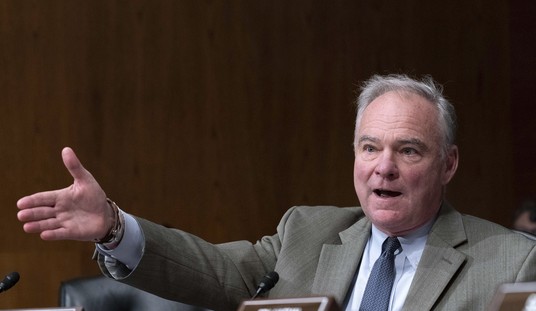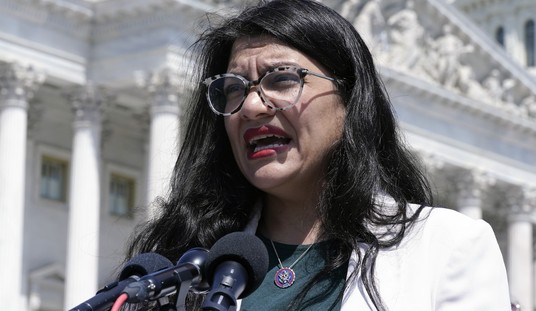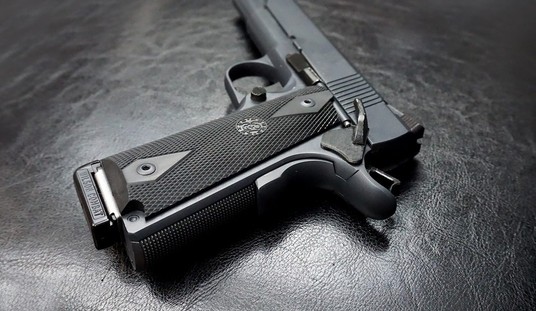 David Bellavia David Bellavia |
An Iraqi war hero has joined the effort by family members to return to American soil the remains of 13 Navy sailors killed in 1804 fighting the Barbary pirates, now heading to conference committee.
[More information about the “Intrepid 13” here.]
“These men were great heroes and they need to come home,” said. David Bellavia, who was nominated for the Medal of Honor, and was pinned with the Silver Star and Bronze Star for valor for his service as a squad leader for the 1st Infantry Division in the second Battle of Fallujah, Iraq.
Although an amendment to the House’s Defense Department budget directing the Navy to exhume the remains and take such steps, so that they are brought back to America with appropriate honors passed the chamber measure unanimously in May, the Navy has worked behind the scenes to stop the project in the Senate, Bellavia said.
When the Senate passed its version of the Defense Department budget, the Intrepid 13 project was left out.
Sen. Dean Heller (R.-Nev.) filed a companion amendment to the House language, but it was blocked from consideration by Sen. John S. McCain III (R.-Ariz.). There was no vote on the amendment.
In the conference committee, representatives from both chambers will forge one bill from the two different bills, which would then go for final approval in each chamber before going to the president.
Intrepid 13 families are counting on their inclusion into the conference bill despite the opposition from McCain, who as the senior Republican on the Armed Services Committee has fought the project throughout the process on behalf of the Navy.
 Sen. John S. McCain III (R.-Ariz.) Sen. John S. McCain III (R.-Ariz.) |
Lt. Cmdr. Alana Garas, a Navy spokeswoman said November 28, “Chief of Naval Operations Adm. Jonathan Greenert considers the Tripoli Protestant cemetery to be the final resting place of the Intrepid Sailors who sacrificed their lives for our nation.”
Greenert has studied the matter in great detail and has decided that despite the requests by family members and others, the question of proper burial and other honors was settled in 1949, she said.
“To honor Commander Richard Somers and the crew of the Intrepid, a formal memorial ceremony, including a procession in which 89 Sailors and Marines marched the length of Tripoli’s waterfront, was held April 2, 1949, at Tripoli’s Protestant Cemetery,” she said.
“It was attended by Rear Adm. Cruzen, the Commander of Cruiser Division Two, Prince Taher Bey Karamanli of Libya and other members of the U.S. Consulate,” she said. “Navy custom and tradition is to honor the final resting place of those lost in ships and downed aircraft.”
Bellavia’s voice rose and fell as he acknowledged the Navy stand. “A guy I am working with from the Navy told me: ‘Guys from the Army, Air Force and Marines get buried, sailors get dumped—we get it.”
The former staff sergeant, whose book about Fallujah, House to House, was a New York Times bestseller, said he dismissed the idea that the 13 sailors had anything close to a respectful burial.
“When the bodies washed up on the shore, the pirates fed them to the dogs,” he said. “What was left, they buried in a mass grave.”
 Tripoli’s Protestant Cemetery Tripoli’s Protestant Cemetery |
Their resting place, which became the city’s Protestant Cemetery, was used by Libya’s former leader Col. Muammar Qaddafi during rallies, where he ordered troops to move over the graves, along with the burning of American flags and other desecrations, he said.
“This is not the same as the cemeteries at Normandy or from World War I, those are works of art, they are maintained and visited regularly,” he said.
Today, the Protestant Cemetery is overgrown with vegetation, with tombstones knocked over and pocked by gunfire.
“The remains from the Tripoli mission are not in a place of respect,” he said. “It is so frustrating. We know who is where. We have the grid.”
In the four decades of Qaddafi regime’s, the government did not press for the return of the remains because of the awkwardness of the relationship, he said. But, now Libya’s National Transition Council is not only cooperating, but eagerly promoting the project as gesture of good will between the two countries.
The only thing standing in the way is the Navy, he said.
 The Destruction of the Intrepid The Destruction of the Intrepid |
In September 1804, Commandant Richard Somers Jr., led a team of volunteers, which included Henry Wadsworth, the namesake uncle of poet Henry Wadsworth Longfellow, on a mission to sail USS Intrepid, loaded with explosives, into Tripoli Harbor as a floating mega-bomb, Bellavia said.
In the team were the fastest rowers in the squadron sent by President Thomas Jefferson to take the battle to the pirates, who were raiding American shipping unless they were paid a tribute Jefferson refused to pay, he said. Once the 15-minute fuse was lit, the rowers were tasked with scurrying the team to safety.
The plan did not survive contact with the enemy.
As the wooden-hulled bomb surged into the harbor, it was set upon by pirates.
Rather than set the fuse and escape, Somers and his team remained onboard fighting off the pirates and maintaining Intrepid’s course and speed, as the fuse burned to its deed.








Join the conversation as a VIP Member